Naming Your Horse: Tips for Choosing the Perfect Name
A surprising 30% of racehorse names get rejected by registries. Naming your horse takes more thought than you might expect.
Your choice matters a lot since horses can live well into their 20s or maybe even their 30s. The perfect name needs to last through the years, whether you pick popular names like Bonnie and Apollo or search for something different.
Picking the right name goes beyond personal preference. Registry rules limit names to 35 characters. Horses understand double-syllable names better too. These practical details need careful thought.
We created this complete guide to help you pick the perfect name for your four-legged friend. Let’s find a name that you and your horse will cherish for years.
Understanding the Basics of Horse Naming
Names have way more power in the horse world than most people think. Research shows that horses can recognise and respond to their names, but they understand them differently than humans do.
Why names matter to horses and handlers
The simple act of naming your horse turns them from just another animal into a unique individual. As farmers say, “Names transform animals into individuals”. This process creates the foundation for a meaningful bond.
Names do more than create emotional connections. Research shows horses stay calmer in new situations if they’ve been with their owners for at least 6-8 years. Horses that live in groups are better at understanding human pointing – they get it right 82% of the time compared to just 57% for horses living in pairs. This shows how social relationships with humans can affect horse behaviour by a lot.
Barn names vs. registered names
Your horse probably has more than one name that serves different purposes:
- Barn name:This is what you and others at the stable call your horse every day. These names are usually short and simple so horses can tell them apart from other sounds.
- Registered/show name:You’ll see this official name in competitions, breeding records, and registries. These names need to follow specific rules and help identify the horse.
Registry rules limit registered names to 18 characters, including spaces and punctuation. Names that look too much like existing ones get rejected. About 3,000 names are protected internationally and can’t be used again. The racing world is even stricter – they reject about 30% of submitted horse names because they break the rules.
The psychology of horse recognition
Scientists still debate whether horses truly “know” their names, but there’s proof they can pick out specific vocal sounds. One study found horses’ ears perk up when someone calls their name instead of other horses’ names. This shows they recognise something special about that sound.
Your horse responds more to how you say things, your tone of voice, and their past experiences than the actual name. Studies reveal horses can identify specific people through sight, sound, and smell. They even remember their caregivers’ faces after not seeing them for six months.
Several things affect how well a horse learns its name: consistent training, personality, and past experiences. Horses that hear their names often usually respond better than those who don’t.
How to Brainstorm Good Horse Names
Picking the perfect name for your horse demands both creativity and careful thought. Your equine partner will carry this name throughout its life, so take time to choose something meaningful.
Your Horse’s Personality as Inspiration
The horse’s temperament offers excellent naming ideas. Names like “Firecracker” or “Flash” (meaning swift as an arrow) work well for spirited horses. Wise and steady horses might suit names like “Sage” or “Chiron” (a horse in Greek mythology known for his wisdom). Playful horses could carry names like “Rascal” or “Mischief”.
Names can shape qualities you want your horse to develop, beyond their current traits. A breeder points out, “You can go by what your horse is—a bit of an alpha mare, a rather quiet gelding—and choose a name that reflects that”.
Physical Features That Stand Out
Your horse’s physical traits provide natural naming ideas:
- Coat colour: Chestnuts suit “red” names like Garnet, Ginger, or Flame
- Markings: Spotted horses might suit “Pebble” or “Domino”
- Size/Build: Larger horses might suit regal names like “Majesty”
“A horse’s coat colour is a distinctive part of who he is, so it’s natural to incorporate that characteristic into a name,” one expert explains.
Your Horse’s Family Tree
Breeders often blend sire and dam names to create meaningful connections. The foals of stallion “CF First Night Out” received names like “At Your Best” and “Emmy Night”.
The horse’s breed history can spark ideas too. Names that reflect national heritage (like Irish names for Irish breeds) add meaning and depth.
Stories and Myths as Sources
Books and mythology provide a wealth of naming options. J.R.R. Tolkien’s works have inspired many horse owners—13 “Shadowfax” horses are currently registered.
Harry Potter references remain popular with several horses named Gryffindor, Hagrid, and Hermione. One owner shares why she named her horse Harry Potter: “He is a very smart and magical horse, therefore the name seemed appropriate”.
Ancient mythology offers classic choices like Pegasus (known for speed) or Arion (known for beauty). Modern inspiration can come from your favourite films, books, or historical figures.
Practical Tips for Choosing the Perfect Name
Picking the right name for your horse needs more than just creative inspiration. You’ll need to think over some practical aspects to make sure the name works well for years to come.
Keep it simple and pronounceable
Short and clear names work best for horses. They respond better to names with one or two syllables that they can easily recognise. You might pick a longer registered name, but a simple everyday nickname makes life easier. Your horse will learn their name faster when it’s short and distinct from other sounds and commands.
The barn setting also plays a role here. Your horse’s name should stand out, especially when multiple handlers call different horses at once. A distinctive name helps your horse learn to come reliably when called.
Test how it sounds when called
Say the potential name out loud several times before making your final choice. Names that look good on paper might sound awkward when you’re calling across a pasture. Try the name in different tones – both as a distant call and as a gentle whisper during grooming time.
Watch how your horse reacts to potential names. Some horses naturally respond better to certain sounds, which could help you make the right choice.
Avoid names that sound like commands
Here’s a crucial point: steer clear of names that sound like common riding instructions. Names similar to “whoa,” “walk,” “trot,” or “easy” will confuse your horse during training. Names ending with sounds like these commands should be avoided.
Your horse’s name should also be different from family members’ names or other horses at your stable. This prevents any mix-ups or confusion.
Consider how it will age with your horse
A timeless name beats anything trendy that might feel outdated as your horse grows older. The name you choose should fit your horse throughout their life, which could last 20-30 years.
It’s worth mentioning that your horse’s name reflects both their character and yours as an owner, particularly in show environments. A name with lasting appeal will keep you happy with your choice for years to come.
Navigating Registry Rules and Requirements
Registry requirements create extra complexity to name your horse. Each official organisation has strict rules you must follow to get your horse’s name approved.
Common registry restrictions
Registries control which names you can use to maintain clear identification within the breed. Most organisations won’t let you use names of famous horses. Some even keep “protected lists” of names that nobody can reuse. The American Quarter Horse Association (AQHA) lets you reuse some names, but only if the original horse has died, has no performance record, and has no offspring with performance records.
Character limits and prohibited terms
Each registry has different character limits:
- The Jockey Club and British Horseracing Authority limit names to 18 characters, including spaces
- AQHA permits up to 20 characters
- KWPN allows names of 20 letters
You can’t use these terms:
- Names ending in “filly,” “colt,” “stallion,” or similar horse-related terms
- Names with vulgar, obscene or offensive meanings
- Names made up only of numbers (though spelled-out numbers above 30 are sometimes allowed)
- Names that sound like commands used in riding [previously covered]
Checking name availability
You should check availability through registry tools like AQHA’s “Research Foal Name” tool or The Jockey Club’s “Online Names Book”. Finding an available name can be tough—the American Quarter Horse Association has registered more than 5 million horses since the 1940s.
Reserving names for future use
Once you’ve found the perfect name, you might want to reserve it. The Jockey Club lets you reserve a name for one year if you pay a fee. AQHA offers name reservation for USD 75.00 yearly, and you can renew it. Reserved names not used within a year usually become available again on a first-come, first-served basis.
Conclusion
Your horse’s name deserves careful thought because it shapes your relationship over many years. Research shows horses react to their names based on how you use them and what positive experiences they associate with them. This makes your choice especially important.
Good naming combines practical thinking with creative ideas. Registry rules might limit your options. Yet you can draw inspiration from your horse’s personality, looks, or meaningful connections in your life. Note that simple, clear names work best for everyday use. You can still pick a detailed registered name for formal occasions.
Pick your final name carefully. Say it out loud a few times. Check if anyone at your stable uses the same name. Make sure it’s available in the registry. A name you choose with care will strengthen your horse’s bond with you through the years ahead.

Welcome to Sell Your Horse, a platform dedicated to connecting equestrians with each other, making horse buying and selling easier and more transparent. With a focus on technology and community-building. My mission is to help like-minded equestrians find the right connections, share knowledge, and build a trusted equine network.







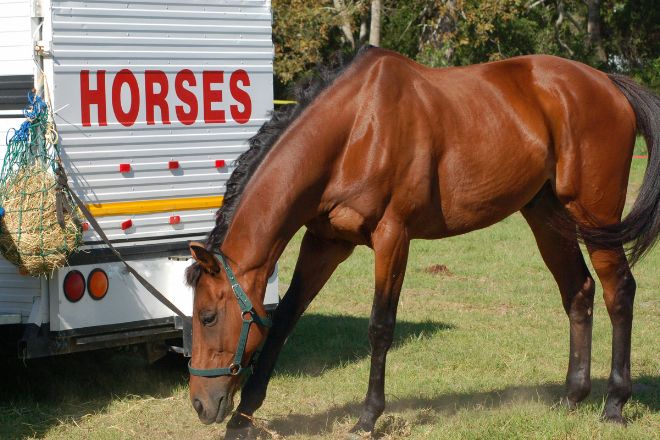
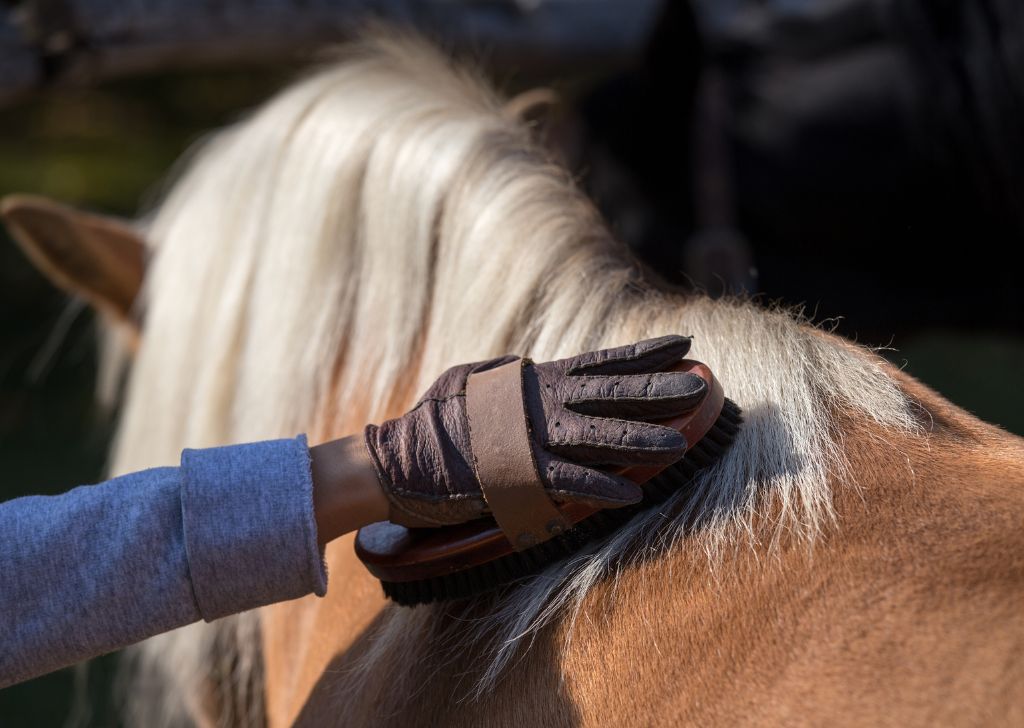



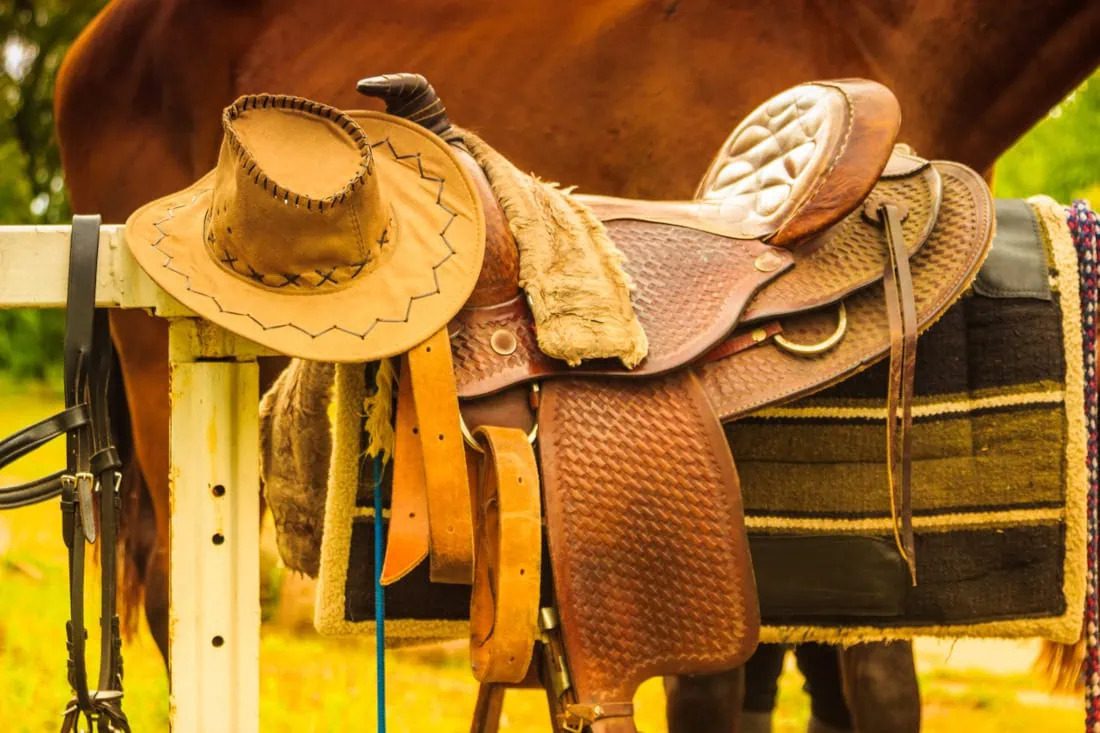
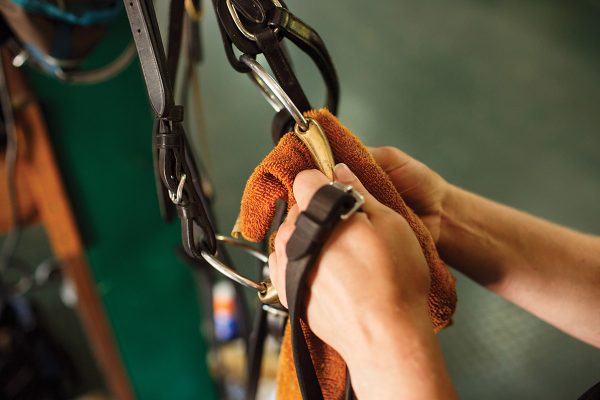


 Featured Listings
Featured Listings
 Adverts
Adverts
 Horses For Sale
Horses For Sale
 Tack & Equipment
Tack & Equipment
 Horseboxes & Trailers
Horseboxes & Trailers
 Equine Properties
Equine Properties
 4x4 Vehicles
4x4 Vehicles
 Horses For Loan
Horses For Loan
 Horses Wanted
Horses Wanted
 Stallions at Stud
Stallions at Stud
 Equine Services
Equine Services
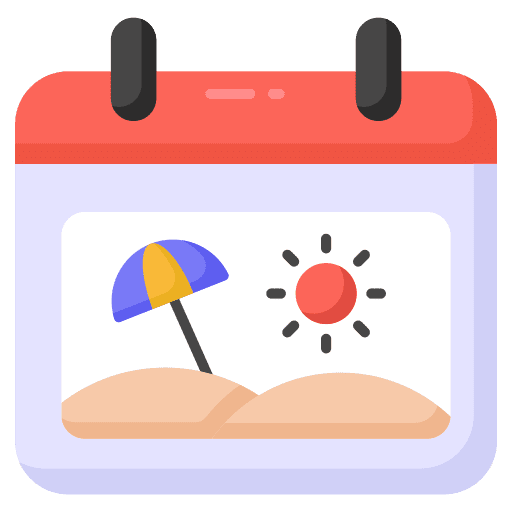 Riding Holidays
Riding Holidays
